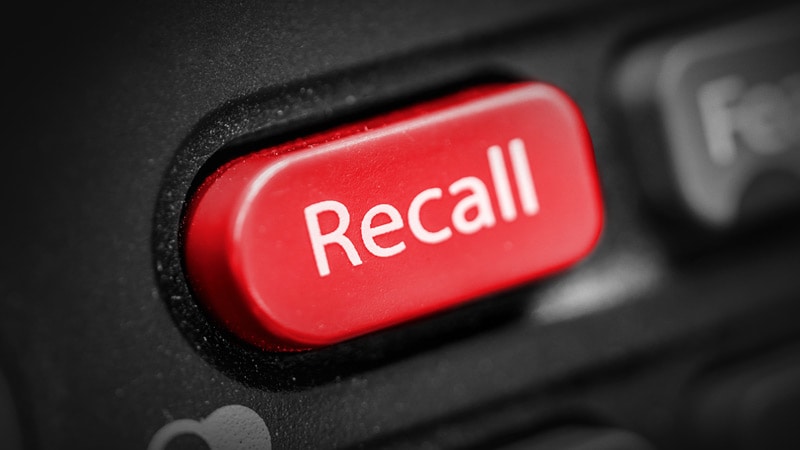Abiomed Recalls Impella Left-Sided Blood Pumps Due to Serious Health Risks
The content discusses Abiomed's recall of the instructions for use (IFU) for its Impella left-sided blood pumps due to potential risks associated with the pump catheter perforating the left ventricle wall. The recall, classified as Class I by the FDA, highlights the serious health consequences that may arise from the use of affected pumps, including injuries and deaths. The recall covers various Impella models distributed within a specific timeframe and provides guidelines for healthcare professionals to mitigate risks. Abiomed had previously recalled these pumps in the US due to safety concerns related to transcatheter aortic valve replacement (TAVR) stents.
Tùy Chỉnh Tóm Tắt
Viết Lại Với AI
Tạo Trích Dẫn
Dịch Nguồn
Sang ngôn ngữ khác
Tạo sơ đồ tư duy
từ nội dung nguồn
Xem Nguồn
www.medscape.com
Abiomed Impella Left-Sided Blood Pumps Recalled
Thông tin chi tiết chính được chắt lọc từ
by Megan Brooks lúc www.medscape.com 03-21-2024
https://www.medscape.com/viewarticle/another-class-i-recall-abiomed-impella-left-sided-blood-2024a10005bj
Yêu cầu sâu hơn
